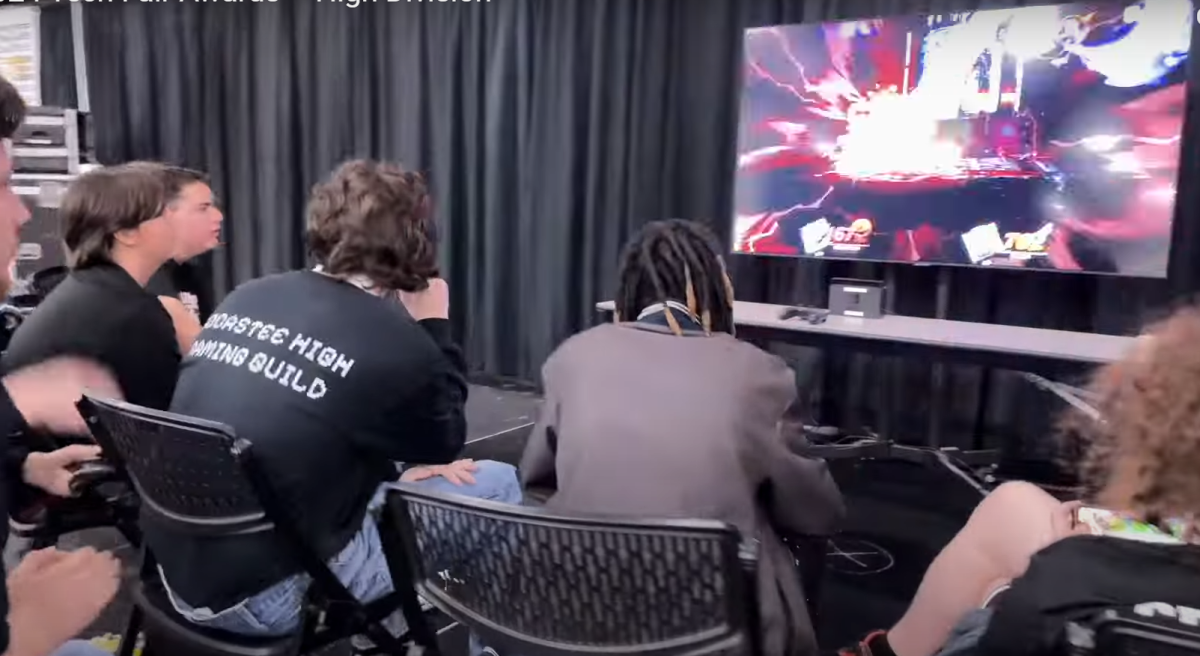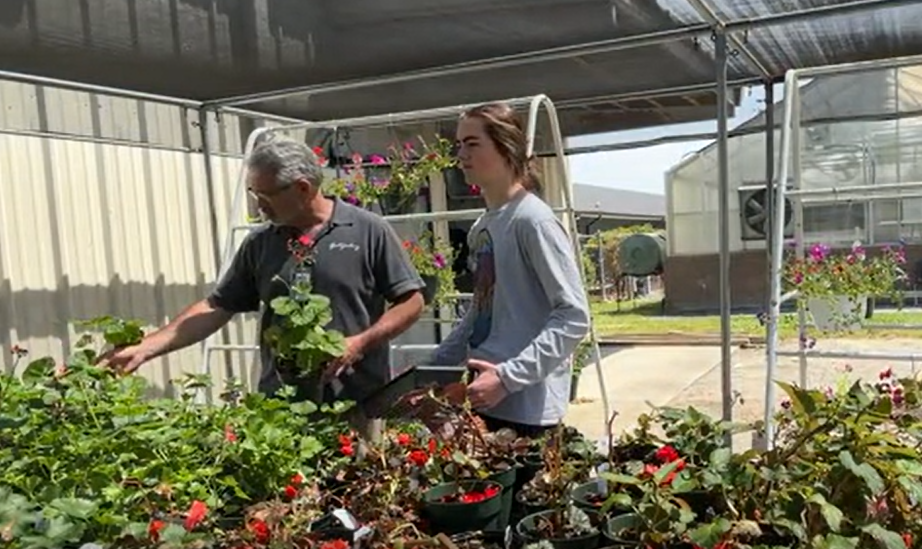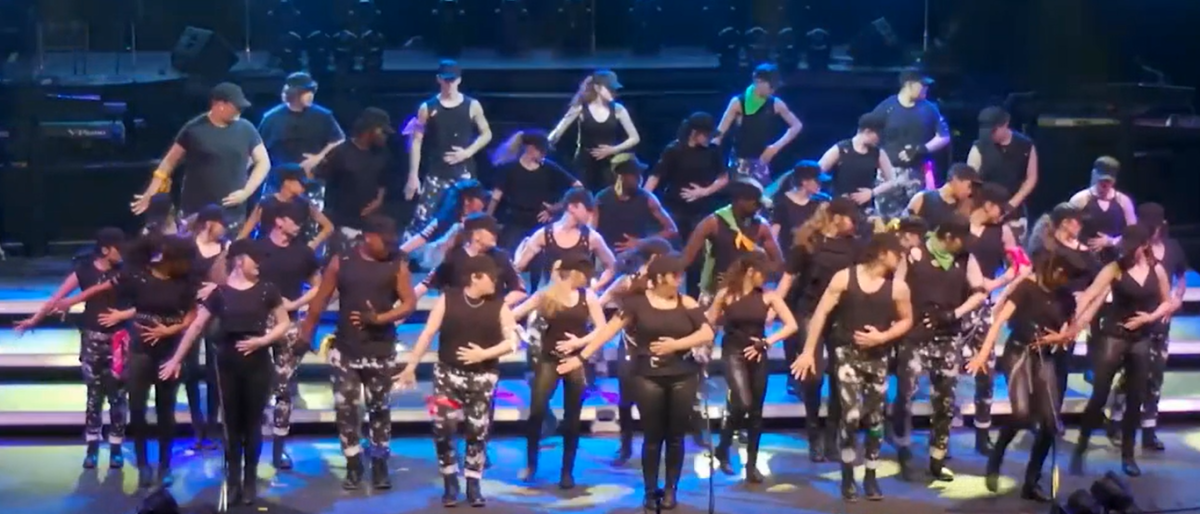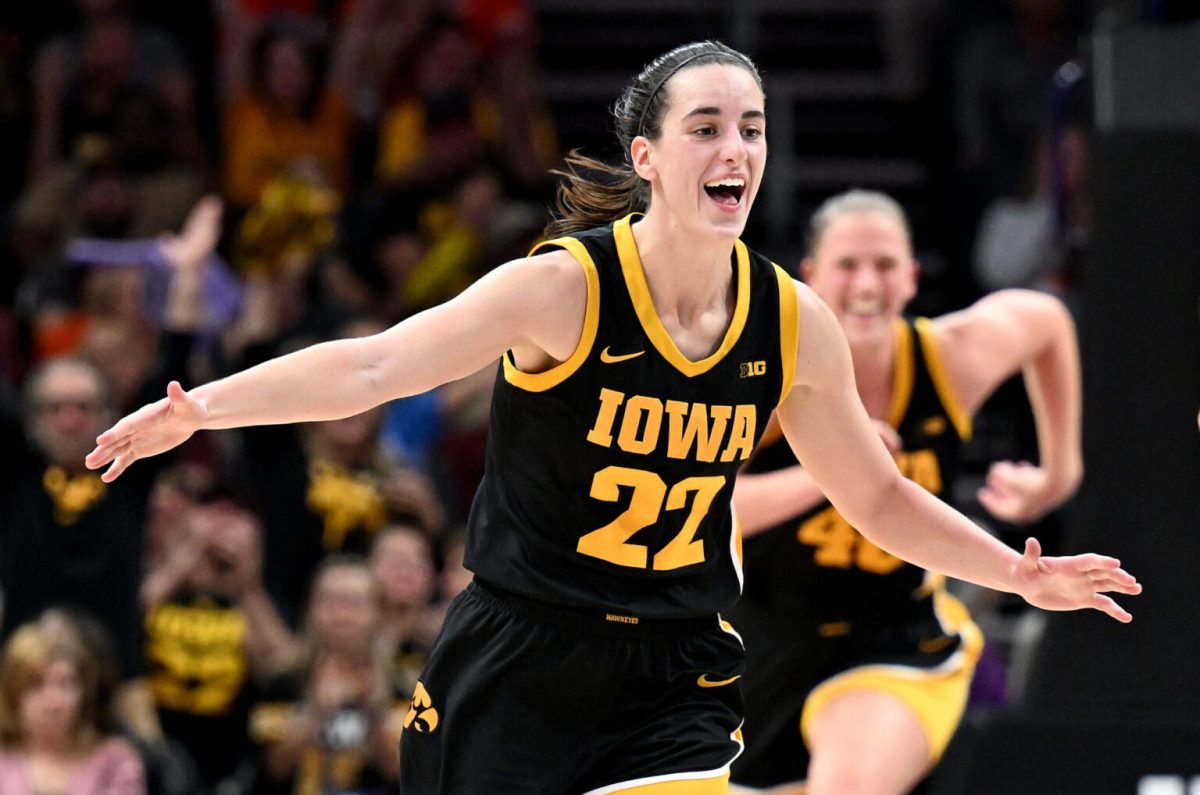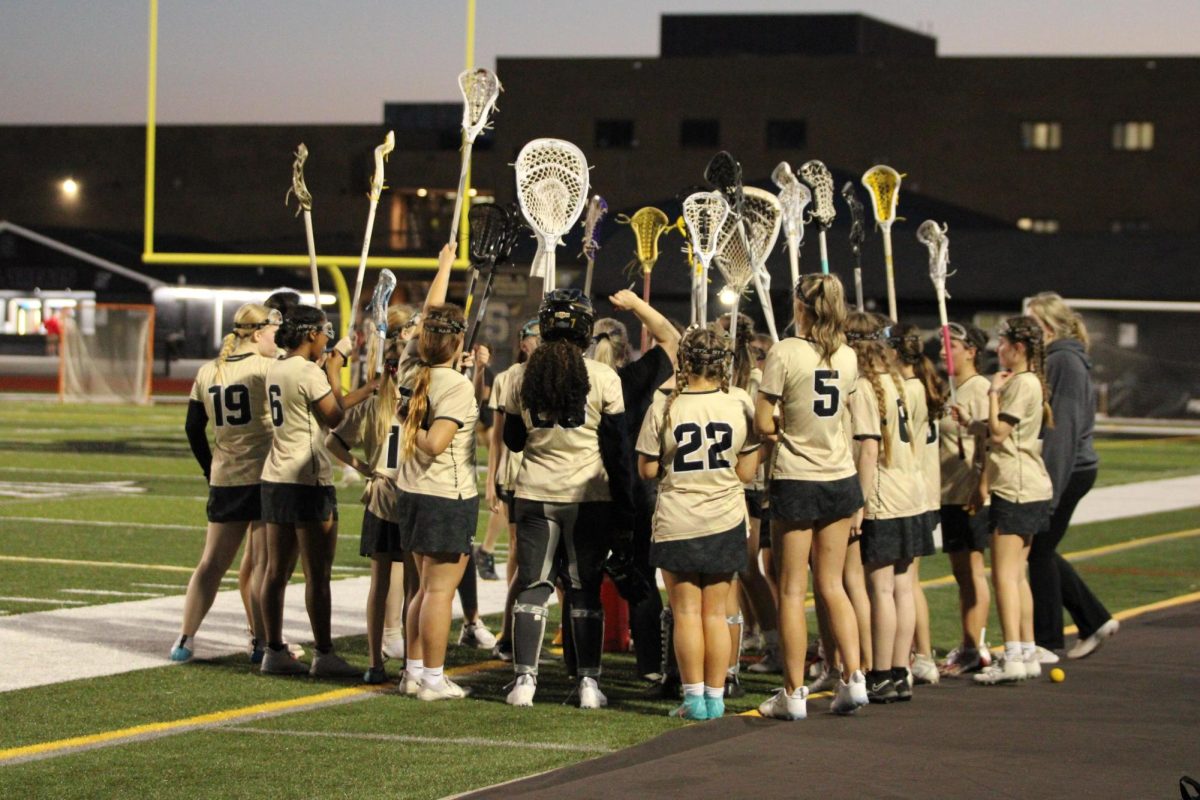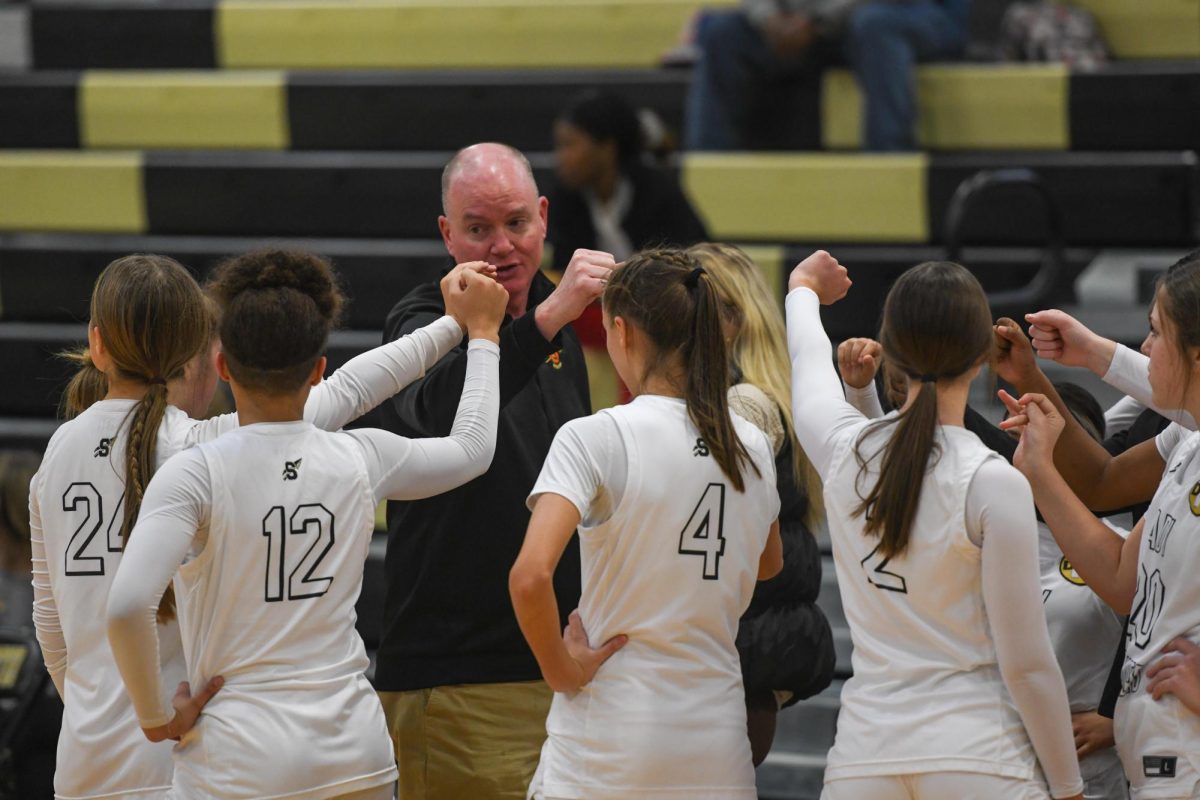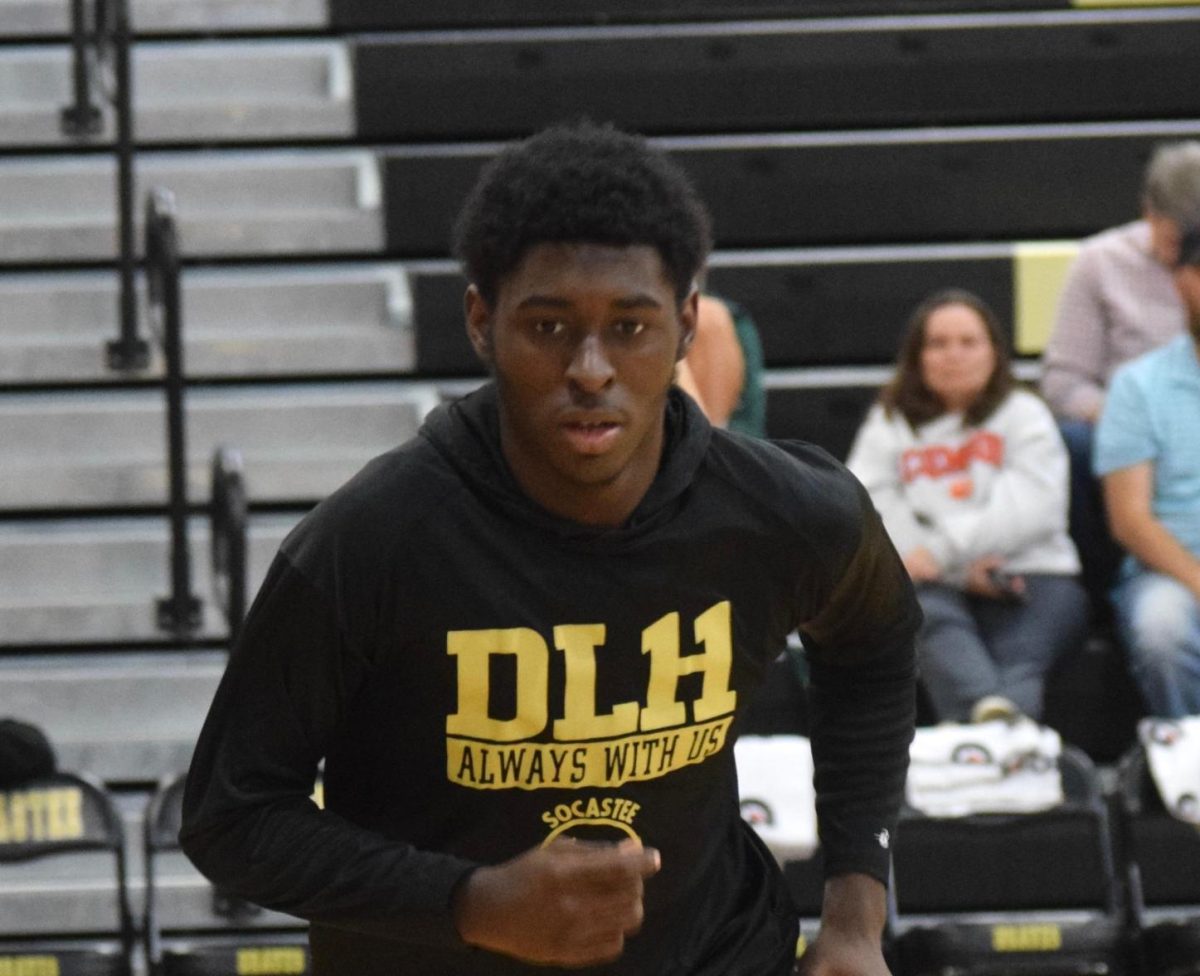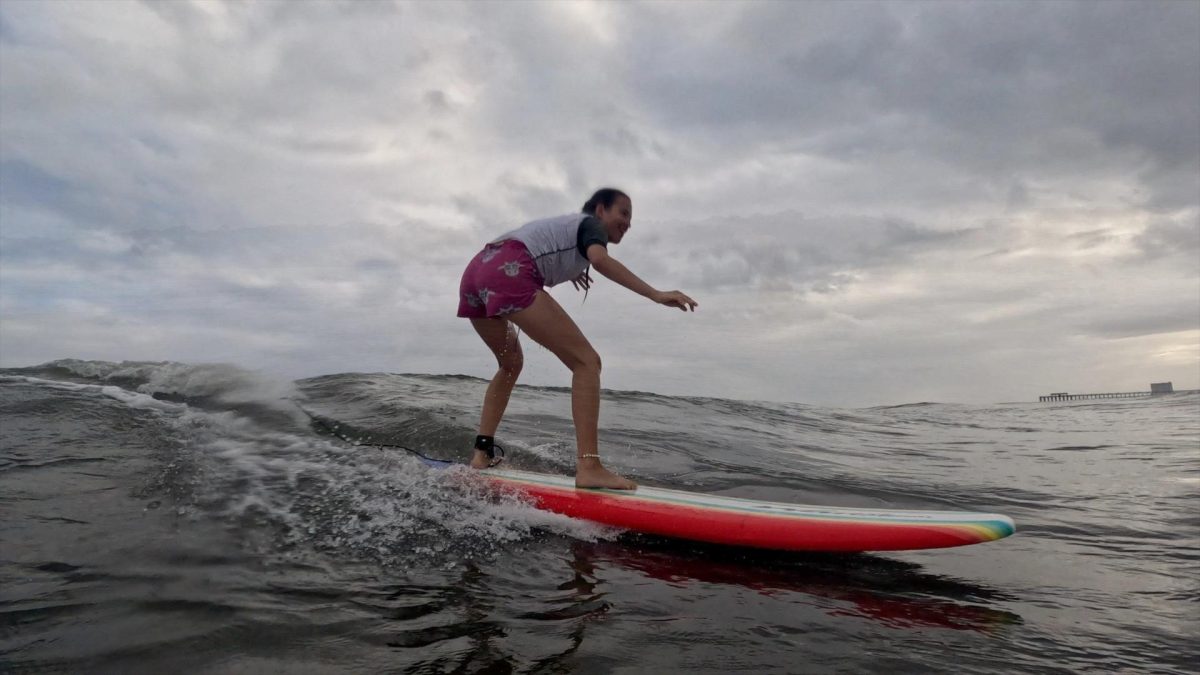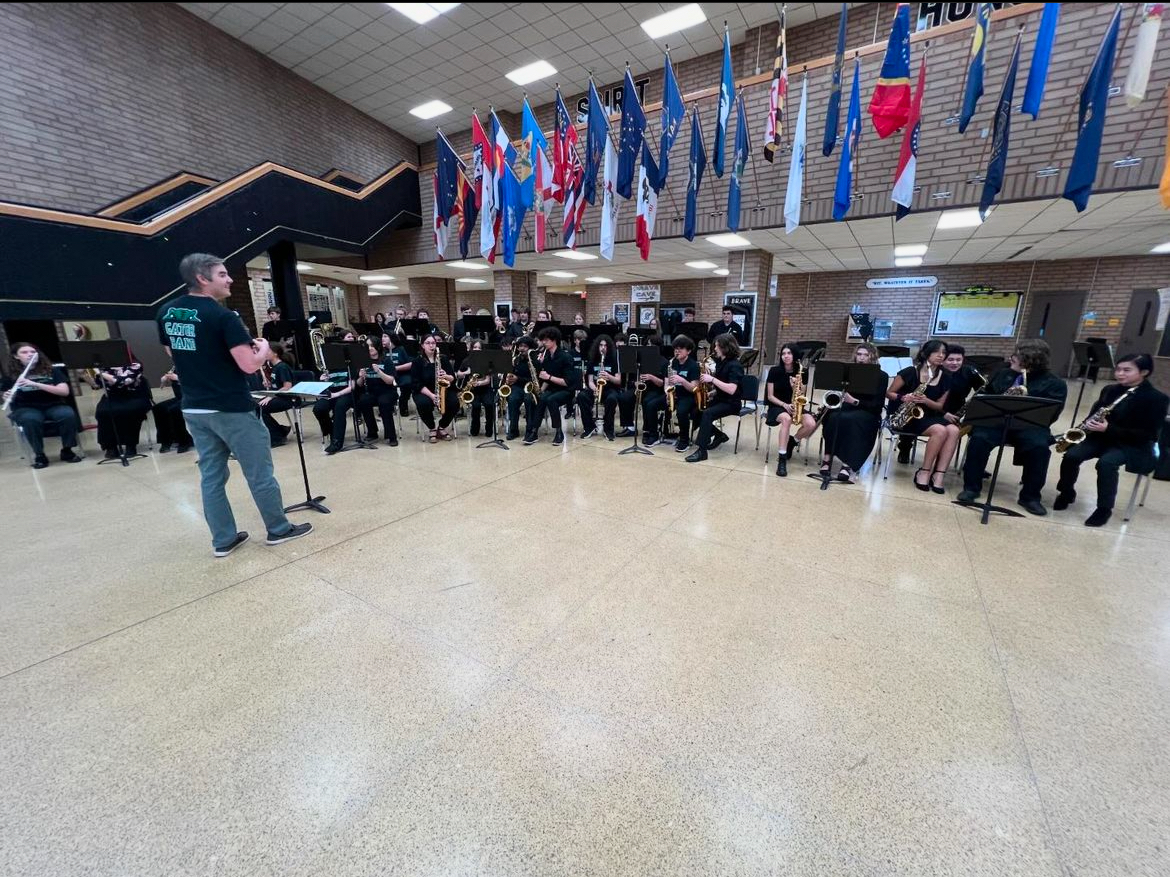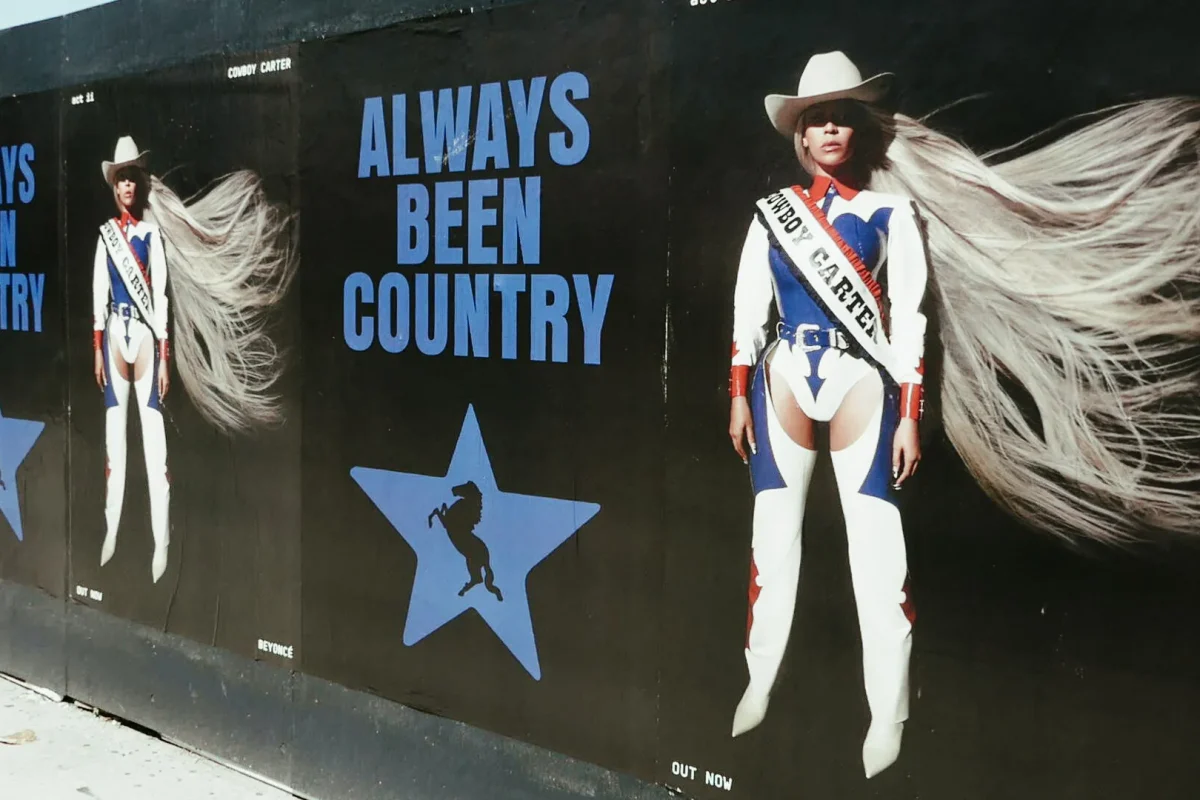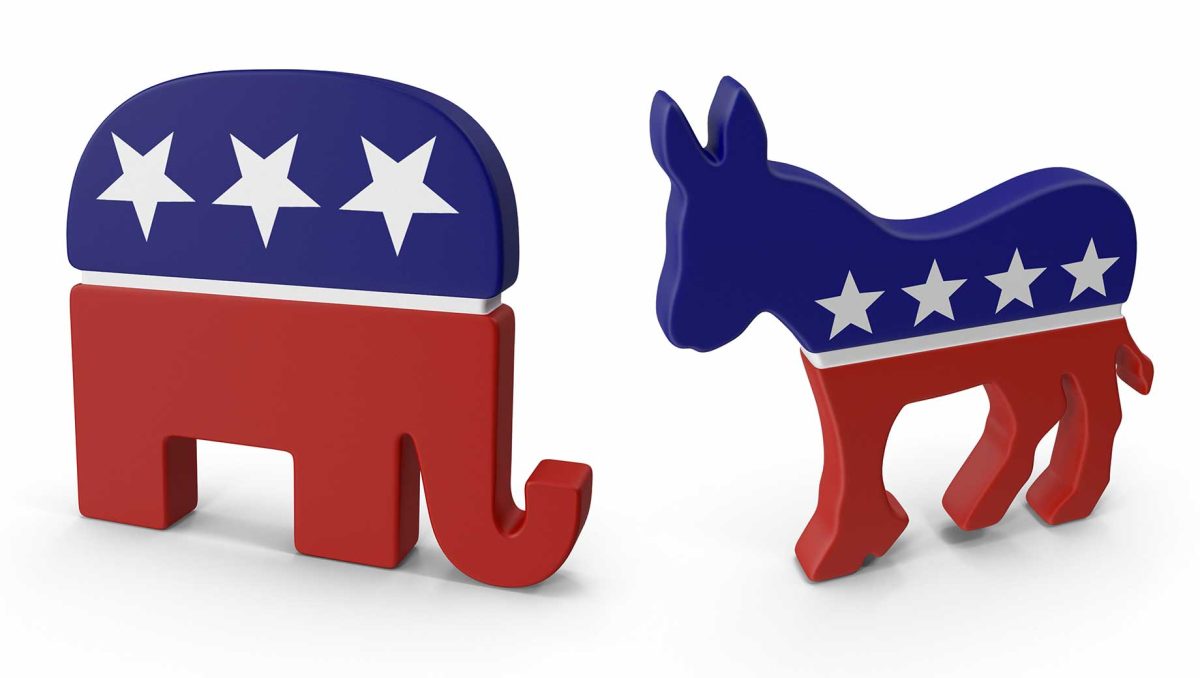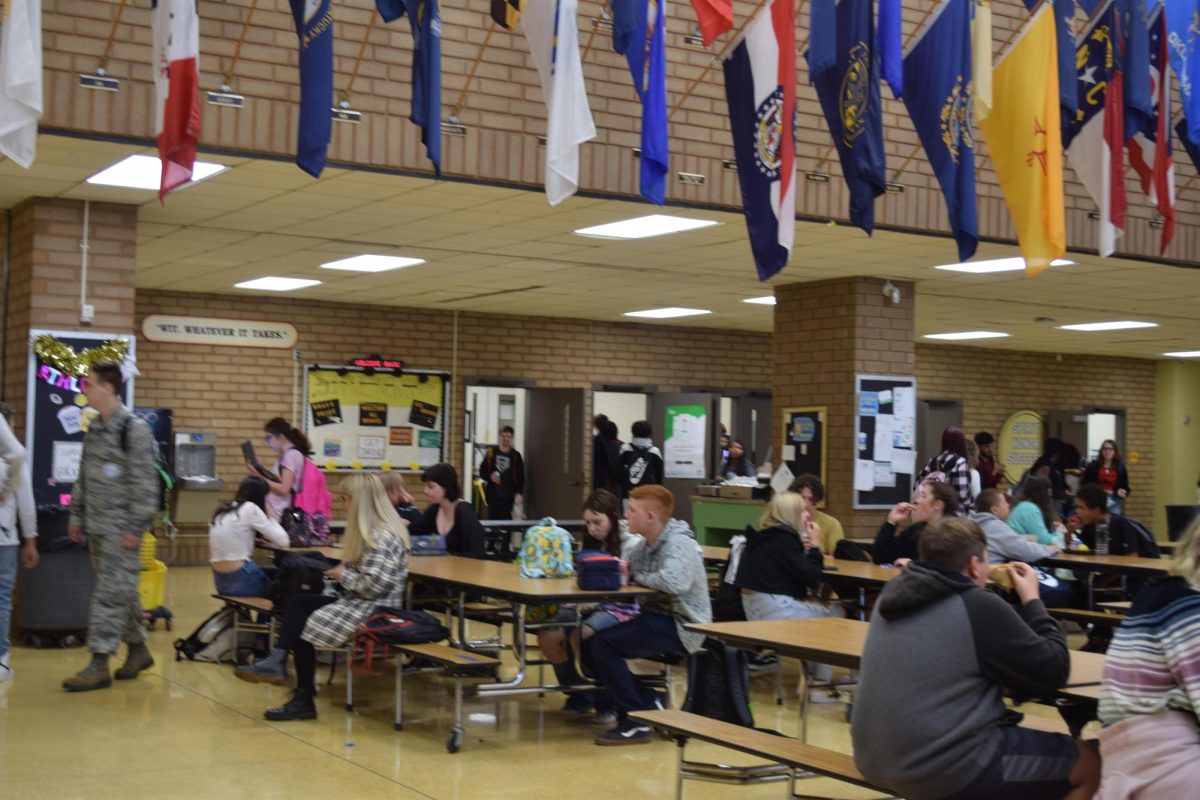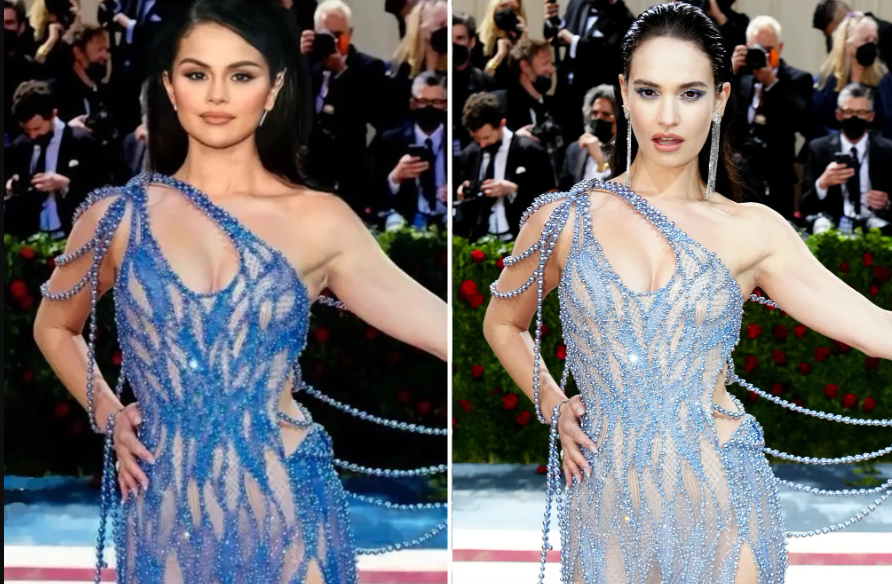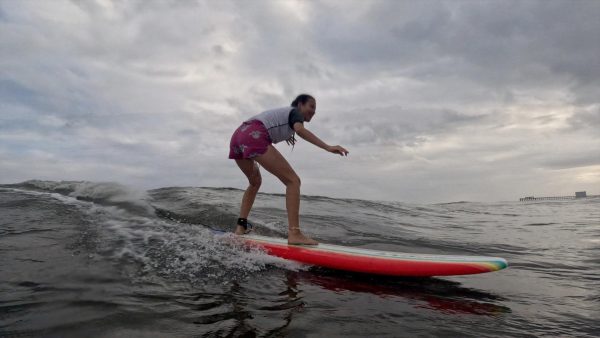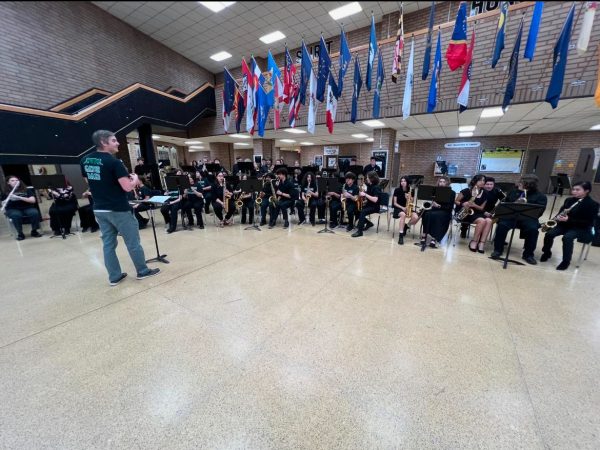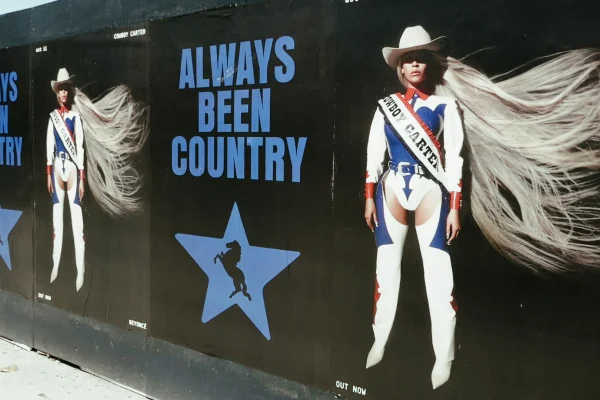Teachers, Students: AI Promising But Worrisome
Only a few years ago, AI, or Artificial Intelligence, was something people heard about in dystopian movies.
Now, thanks to ChatGPT, AI is being used by people everywhere to generate everything from emails to sight-seeing lists to essays. While not yet as scary as The Terminator made it out to be, teachers are worried about its cheating capabilities and others about its ability to deceive.
In addition, AI has also recently made its way into social media, emails, and photos.
An AI-generated photo of Selena Gomez “at” the 2023 Met Gala went viral. This photo had many people believe she made a surprise appearance at this event when she in fact did not.
“AI being able to make a photo of someone so easily is scary because it could be used in a harmful way to ruin someone’s life,” sophomore Abigail Schnyder said.
About a month ago, a new feature on Snapchat appeared called ‘My AI.’ This chatbot, powered by ChatGPT, was developed to keep users engaged with the app by acting like a friend. ‘My AI’ responds specifically to the user’s questions, photos, and comments.
Junior Emerson Taylor finds that the snapchat AI can be helpful to ask questions if she doesn’t understand something; however, she also finds it weird because of how much it knows.
“I find the AI creepy because if you Snapchat, the AI it will respond about the snap you sent, but they are not programmed to see pictures,” she said.
Freshman Madison Malena also finds the Snapchat AI to be strange. She explains how she once asked it to write herself a workout and it did, but then a couple days later she asked again and it told her, “No, since I’m not a professional.”
“It will kind of gaslight you into thinking that you can’t do certain things,” she said.
Sophomore Makynna Amodio said she noticed AI taking a larger role on Grammarly, but she is wary of it doing too much.
“It now can completely change your writing to the point it doesn’t seem like you wrote it,” she said.
There were times that Makynna didn’t even write her writing. She said she once she went to write an email to one of her teachers, and when she opened the draft, Grammarly had three questions that she could answer in order to compose the entire email for her.
Sophomore Payton Dowdy knows of quite a few people who have also used AI to cheat on assignments. Although she herself doesn’t use it to cheat, she finds AI to be a quite resourceful tool in some cases, such as generating a study guide.
“Personally I think AI can be actually very helpful and there’s a lot of ways you can use it that doesn’t involve cheating,” Payton said. “I actually use it to help me study for tests.”
Mrs. Lehr, an AP/IB English teacher, has come across a couple students in the past who have fabricated their essays using AI.
“I have encountered writing that did not look like a students and when I checked it online, I saw that it was created by ChatGPT or similar programs,” Mrs. Lehr said.
She said AI could potentially be a positive tool for students, but one that should be used carefully.
“They have more advantages, certainly, at their fingertips than all the previous generations of students,” she said, “but I do think that it’s a little bit dangerous and we need to work on how to incorporate it safely, if at all.”
Technology experts and others agree about not letting AI spread so fast. People in the music industry expressed worry about it’s effect when AI generated a song last month that sounded exactly like Drake and The Wkend called “Heart on My Sleeve” that went viral before being taken down.
The creators of AI themselves want the technology regulated. Tuesday, Sam Altman, CEO of ChatGPT maker OpenAI, and Geoffrey Hinton, a computer scientist known as the godfather of artificial intelligence, were among the hundreds of leading figures who signed a statement, which posted on the Center for AI Safety’s website, that said AI could cause human extinction if not regulated.
And more than 1,000 researchers and technologists, including Elon Musk, signed a much longer letter earlier this year calling for a six-month pause on AI development, saying it poses “profound risks to society and humanity.”
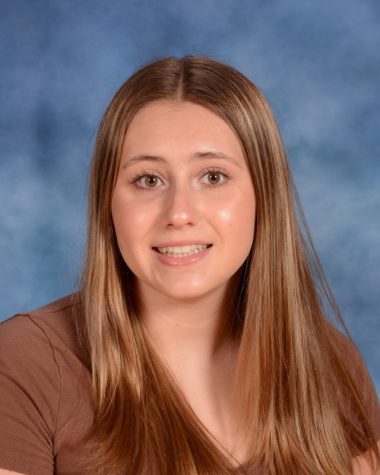
Sophie is a sophomore who is in her first year on the Yearbook staff, although she was on the staff in middle school. Sophie has been doing swim at the...

